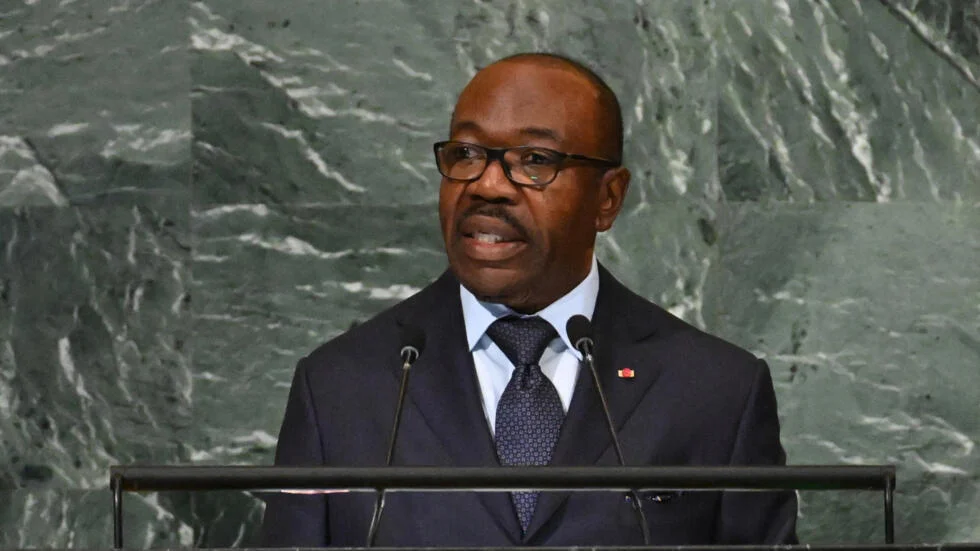The political landscape of Gabon has been upended as President Ali Bongo Ondimba finds himself under house arrest following a military coup. The unfolding crisis has not only thrown the nation into turmoil but has also garnered international attention and concern.
President Ali Bongo Ondimba, who has held the reins of Gabon’s leadership, is facing an unprecedented challenge to his authority as members of his own presidential guard have placed him under house arrest. The swift and unexpected nature of the military intervention has sent shockwaves throughout Gabon and raised questions about the stability of the country’s governance.
Amid this unfolding crisis, President Bongo made an urgent and impassioned plea for assistance. The call for help came shortly after his confinement to his residence. In a video that swiftly circulated on social media and was subsequently verified by credible sources including Al Jazeera, Bongo urged the people of Gabon to “make noise” in response to the situation. However, the video added a layer of complexity to the narrative as it showed Bongo’s family, including his wife and children, located in a separate setting, leaving uncertainty about his exact whereabouts and status.
The leaders of the military coup have countered Bongo’s claims. They assert that President Ali Bongo Ondimba is at home, accompanied by his family and medical professionals. However, crucial details about his well-being remain shrouded in secrecy. This contradictory information has added to the confusion surrounding the situation.
The streets of Gabon’s capital city, Libreville, witnessed a mix of jubilation and unrest as citizens responded to news of the military coup. People were seen cheering and waving flags, while others grappled with the uncertainty that accompanies a significant political shift of this nature.
The coup leaders have not only taken control but have also made bold proclamations about the nation’s institutions. They have announced the dissolution of several vital state entities, including the government, senate, national assembly, constitutional court, and the election commission. This drastic move highlights their intentions to reshape the political landscape in Gabon.
Broadcasting their message on the state-run television channel Gabon 24, the coup leaders identified themselves as representing the entirety of Gabon’s security and defense forces. Clad in military uniforms and berets, they collectively introduced themselves as the “Committee of Transition and the Restoration of Institutions.” One officer, reading from a joint statement, declared their mission to safeguard peace and bring an end to the present regime in the interest of the Gabonese people.
As the situation in Gabon continues to unfold, international observers are closely monitoring the events, concerned about the implications for regional stability and the well-being of the country’s citizens. The uncertainty that accompanies a change in leadership through such means raises significant questions about governance, the rule of law, and the aspirations of the Gabonese populace for a more stable and promising future.




